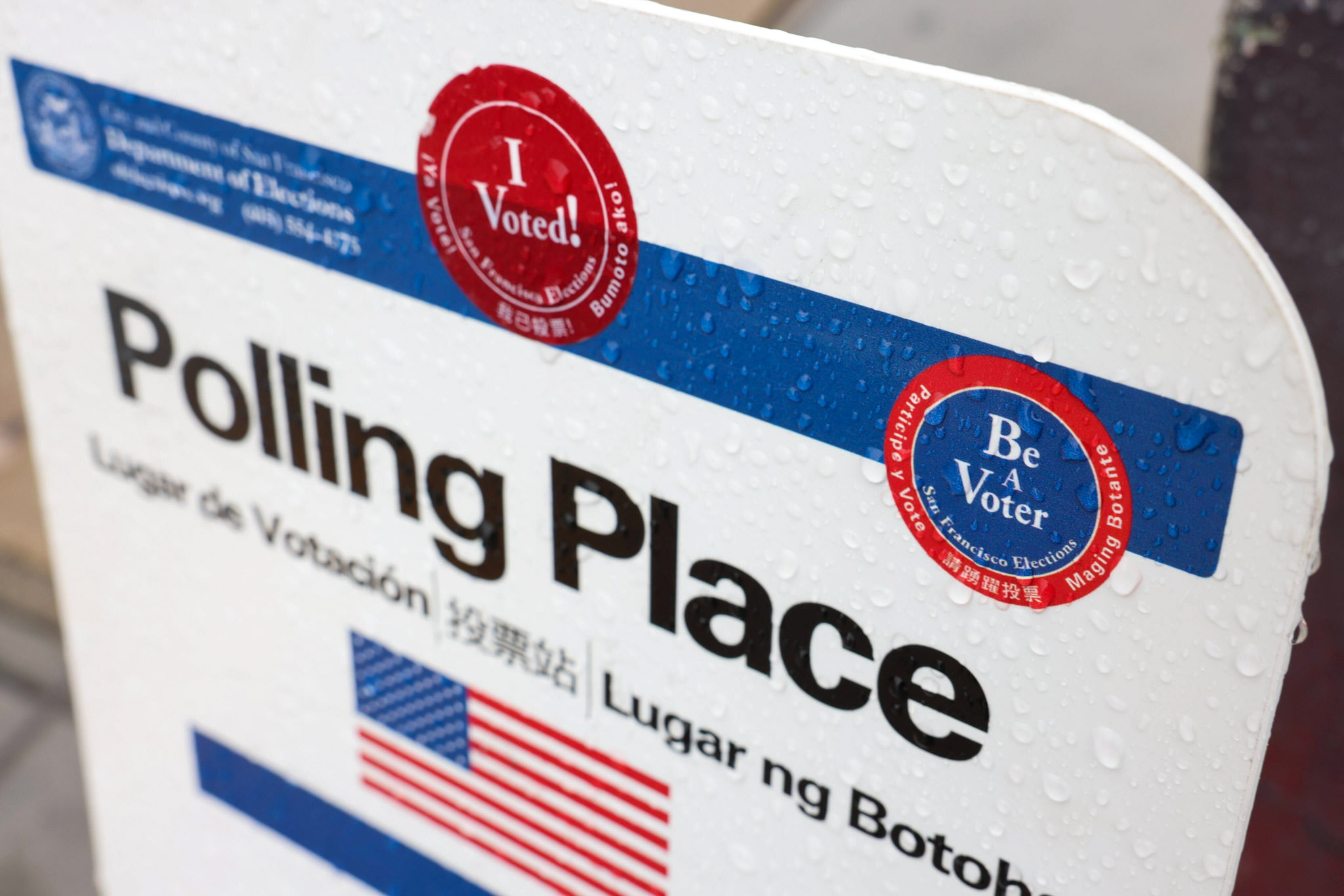San Francisco’s political watchdogs handed down a massive fine this month to one of the most influential political groups in the 2018 elections, saying a committee that supported Mayor London Breed and her allies failed to properly report nearly $1.1 million in spending.
An investigation by the Ethics Commission found that Progress San Francisco repeatedly alternated between classifying itself as a city and state committee, making it harder for local voters to understand how hundreds of thousands of dollars were being spent to influence races in the months leading up to elections in 2018. The payments—$400,000 to support groups backing Breed and nearly $700,000 on supervisor candidates she endorsed—were instead reported at the state level.
Progress San Francisco agreed to pay a fine of $29,300, which is among the largest demanded by city watchdogs in recent years. The independent expenditure committee was run by Vince Courtney Jr., the political captain of the union Laborers’ Local 261, and treasurer Shawnda Deane, whose firm handles campaign finance reports for candidates across the state.
Some of the most influential players in city politics funded the group, including real estate developers and venture capitalists such as Ron Conway, Paul Graham and Aditya Agrawal. Dede Wilsey, a socialite and philanthropist who has lorded over the de Young Museum for decades, personally gave a quarter-million dollars to the group. Campaign records note that Wilsey listed herself as the owner and CEO of A. Wilsey Properties, a real estate company in the city that her late husband founded.
In a one-year period ending March 2019, Progress San Francisco bounced between city and state classification five times, even though 98.5% of its contributions went to support city candidates and ballot measures during that time, the report states.
GET THE INSIDE SCOOP: Power Play is The Standard’s new insider email newsletter covering City Hall and politics. Sign up here.
In a five-week period from April 2018 to June 2018, the committee failed to locally report nine contributions for a total of $430,000—with all but $30,000 of that money going to groups supporting Breed’s candidacy for mayor. The committee also failed to report 13 contributions for a total of $694,900 made in the 90 days before the November 2018 election, most of which went to helping groups supporting Breed-endorsed supervisor candidates Christine Johnson, Jessica Ho and Sonja Trauss.
Any campaign expenditure of $1,000 or more made within 90 days of an election requires a Form 497 to be filed with the Ethics Commission.
“What’s important here is that every single contribution received before the election was reported in a transparent and timely manner to the California Secretary of State,” said Progress San Francisco spokesperson Sam Singer, who emphasized that the dispute revolved around whether the payments should have been reported to the city. “No contribution was ever hidden from the public, and there was never an intent to evade disclosure or transparency.”
Groups such as Progress San Francisco are barred from coordinating with individual candidates, and the report gives no indication the candidates were aware of the committee’s activities.
The fine took several factors into account, including no other history of past indiscretions by the committee as well as the committee’s cooperation with the audit. The committee claimed that its actions were not intended to “conceal, deceive or mislead,” the report states.
Other candidates the group funded and failed to locally report included candidates who had received appointments Breed: Vallie Brown, who was appointed supervisor in District 5; and Suzy Loftus, an appointed district attorney. Both candidates lost to progressive opponents Dean Preston and Chesa Boudin, respectively.
Two additional expenditures in 2019 totaling $35,000 also went unreported.
“These requirements are designed to ensure that San Francisco voters have clear, comprehensible, and quick access to information on who is spending money to influence elections,” the Ethics Commission’s report states. “If that information is not in the correct place required by state law, voters cannot be expected to know where, when, or how it might be improperly filed—especially for contributions made in the closing days, weeks, and months of an election.”
In 2019, a city attorney’s investigation reportedly found that Courtney, as president of the city’s Public Utilities Commission, voted to award two contracts worth $1.25 million to labor organizations he had affiliations with. He resigned from the utilities commission in February of that year. Two months later, the Fair Political Practices Commission ruled there was insufficient evidence to prove Courtney violated the state’s Political Reform Act.
In 2021, Breed paid a nearly $23,000 fine to the Ethics Commission for multiple violations, including the use of city letterhead to lobby the governor for her brother’s release from prison as well as accepting unreported gifts from Mohammed Nuru, the former head of the Department of Public Works. Breed said she did not report Nuru paying her car bills because they were longtime friends.
An FBI investigation revealed that Nuru was running a bribery and kickback scheme out of City Hall. He was eventually sentenced to seven years in prison.
